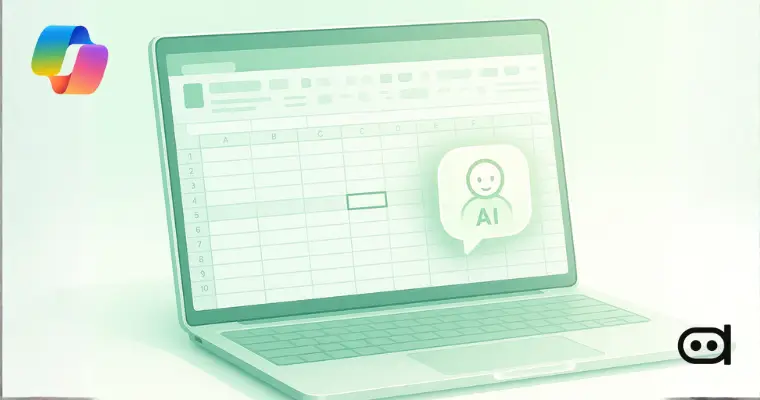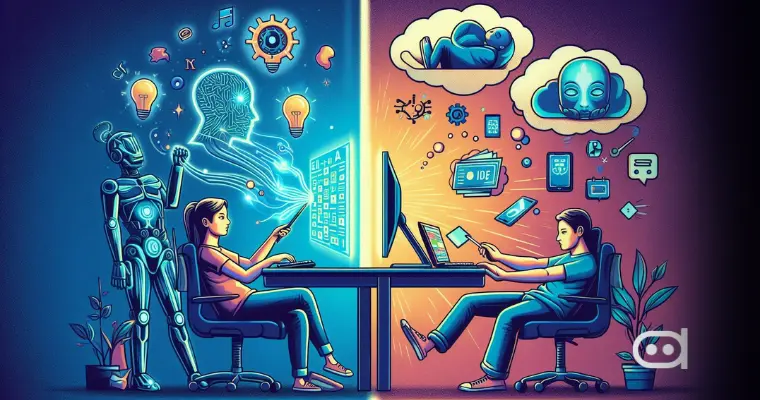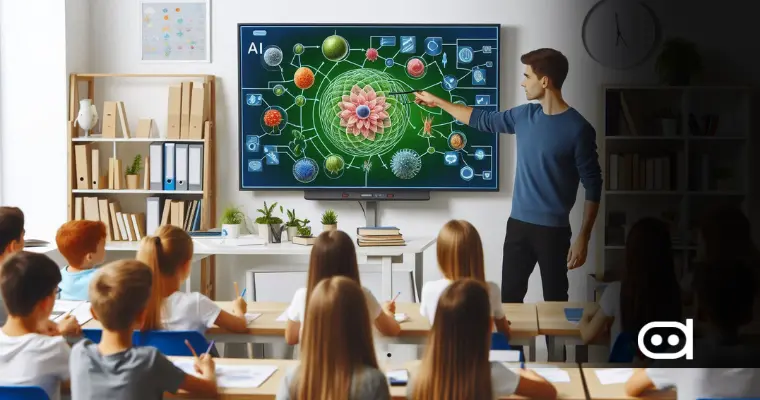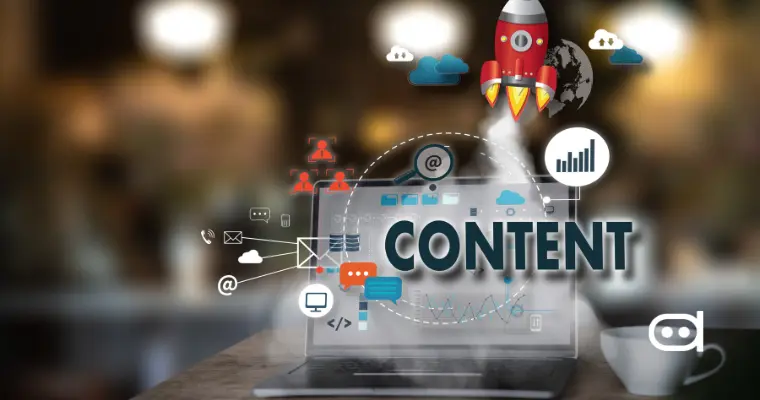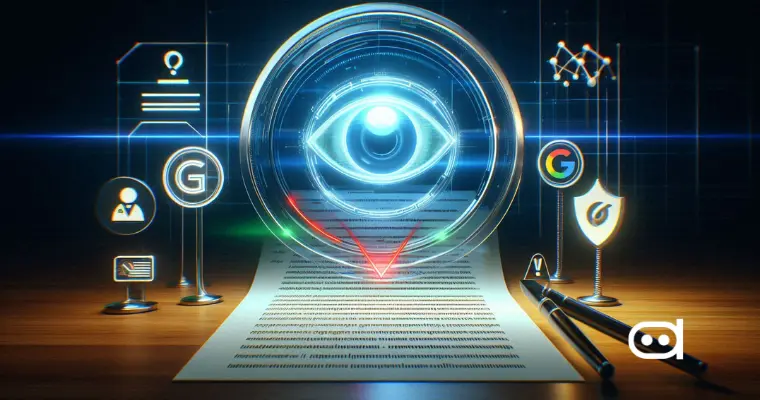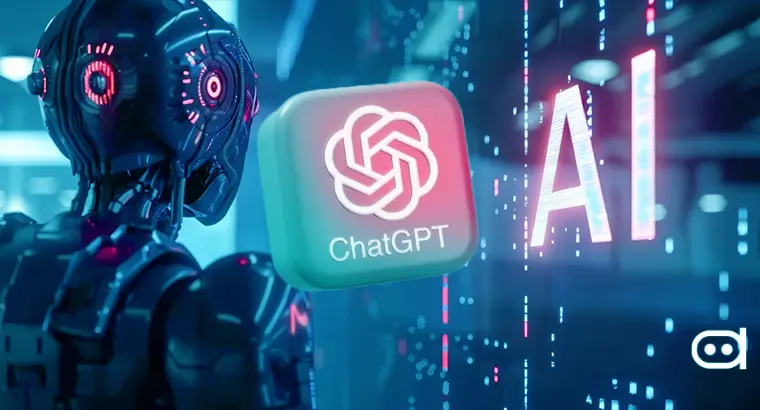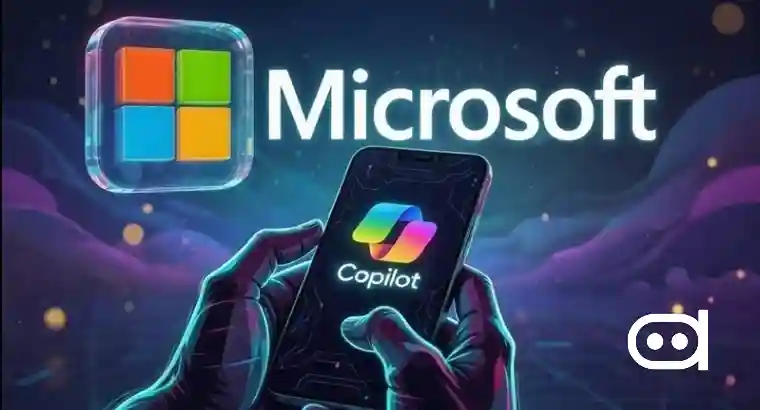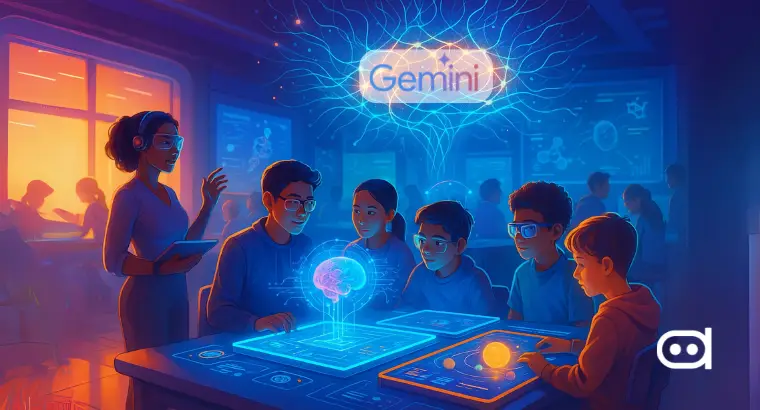
Generative AI has seen a significant rise in the education field, stemming from the technology’s ability to create suitable learning experiences. In that context, Gemini by Google has gained popularity with its recent integration into learning environments that help both educators and learners save time, create fresh ideas, and undergo deep teaching and learning confidently.
With personalized learning and the capability to automate administrative tasks, its widespread adoption across schools and colleges marks a massive shift for AI in education. Students also benefit from instant, real-time feedback and interactive simulations. But there is a lot more to Gemini AI tools by Google.
What is Gemini and How Does it Work in Education?
Gemini is the new chatbot tool powered by Google, formerly known as Bard. In essence, an AI chatbot uses machine learning and natural language processing (NLP) to conduct conversations that simulate human interaction. Gemini differs from other educational AI power tools like ChatGPT, Khanmigo, and Copilot through multimodality; processing codes, texts, audios, and images simultaneously.
ChatGPT is a more text-based tool, Copilot is a productivity tool, while Khanmigo is a pedagogical tool. However, of the stated AI tools, Gemini is the richest in its ability to generate content and provide straight answers.
The integration between Gemini and the Google Workspace ecosystem is a strong collaboration that allows Gemini users to integrate it with the other tools in the ecosystem, like Docs, Classroom, Meets, and Slides, serving as a productivity accelerator from the world of educational AI tools for teachers and learners alike.
The Impact of Gemini on Classroom Experiences
Personalized Learning Paths
Gemini’s AI tools for student learning have changed classroom experiences dramatically through personalized pathways in the form of adaptive content, recommendations, and real-time feedback based on the individual student’s performance and preferences.
Google Gemini in Education, in addition to providing adaptive content, has also introduced real-time analytics and tailored suggestions, which are particularly beneficial to students who require additional support.
AI-Powered Tutoring and Homework Assistance
Gemini is a 24×7 learning companion as it allows students to use AI tools for the classroom at any point in time. It helps with problem-solving, revising subjects, and writing, as well as with step-by-step explanations and personalized practice options. Students can upload images of their problems, review their essays, and get real-time feedback with the help of Gemini Google AI in 2025. The tools also help with maths word problems, provide suggestions to improve essay structure, and aid students in taking adaptive quizzes to evaluate their knowledge.
Enhancing Classroom Collaboration
One of the best features about Gemini AI for students is the way it facilitates group projects and brainstorming sessions by providing real-time integrated platforms such as Google Docs. Multiple students can contribute to a single project simultaneously, and Gemini ensures that every student’s ideas are captured in real time.
Personalized “Gems”, which are essentially custom AI assistants, serve as virtual experts and brainstorming partners. Students can interact with them and get support for their projects. Gemini’s Google AI in Education helps organize collective inputs, create fresh suggestions, and turn those inputs into a structured project direction for the students.
Accessibility and Inclusion
Gemini in Classrooms has increased accessibility by simplifying complex ideas and presenting them in different formats to meet the needs of all learners, especially ones with disabilities, like ADHD or dyslexia.
The voice-enabled interaction works with voice-based engines such as Android’s TalkBack, which is particularly helpful for visually impaired users as they get image descriptions. Additionally, Gemini’s multilingual feature and speech customization helps neurodivergent students interact in their preferred languages and audio styles.
Gemini for Educators: Teaching Smarter, Not Harder
Automating Grading and Feedback
The integration of Gemini in Classrooms has brought about powerful support in AI for educators and transformed teaching efficiency. Apart from promoting AI for student learning, educators have also benefited through the automated grading system, enabling teachers to quickly generate quiz questions, assignment templates, and provide fast, consistent feedback on essays and reports.
Lesson Planning and Content Creation
Gemini’s educator tool streamlines lesson planning and content creation and helps educators in generating interactive activities, quizzes, and differentiated instruction materials for diverse student requirements. Right from drafting lesson plans in alignment with the education system and standard, and brainstorming engaging hooks to creating quizzes, Gemini has sped up most of the time-consuming tasks, allowing for more direct student interaction.
Monitoring Progress and Early Intervention
Although Gemini itself does not directly provide predictive analytics to identify students falling behind, Google’s integration of AI for Education supports the process of analyzing student data through predictive analytical tools and flags the possible issues for early intervention. The AI tools create learning materials based on student needs, generate feedback, and streamline the administrative tasks that allow educators to respond more effectively to the outcomes provided by predictive analytics.
Real-World Case Studies and Pilot Programs
Google’s Gemini AI rolled out in over 180 countries after its pilot use in the initial US, UK, and India. An upgraded model was also introduced by Google with Gemini 2.5, which guaranteed faster and superior-quality AI results for tougher queries like math or coding.
Essentially, students can get their required educational support without any sign-in requirements and use multimodal interactions with powerful features like Google Lens. Several public and private schools across countries have witnessed the successful integration of Google Gemini AI tools, which have transformed their educational practices. Schools and universities are constantly experimenting with Gemini AI, deployed for the optimization of both academic and administrative workflows. Gemini in Google Meet is being leveraged by administrative staff to automate the process of note-taking, allowing them to be more engaged in the present during meetings.
Dr James P. Frazee, CIO and VP for Information Technology, stated, “Enabling Gemini made perfect sense because it integrates with our existing Google Workspace environment, which is already deeply embedded in how our students, faculty, and staff collaborate and learn.” He added, “This allows us to responsibly introduce AI in ways that align with our commitment to equitable and innovative education.
Ethical and Data Privacy Considerations
Data privacy and transparency are important factors to consider while talking about AI in education. Gemini has given utmost importance to ethical and data privacy considerations to protect student and teacher data within the Google Workspace for Education. This is done through enterprise-level data protection and security.
Additionally, Google’s policies are as transparent as possible, emphasizing users’ control over their data and providing them with data protection through compliance and encryption under regulatory bodies like COPPA and FERPA.
Challenges and Limitations
Despite being impressive and powerful, Google Gemini AI tools are not without their limitations. There are a few challenges that these tools face, especially when used in classrooms.
- Academic Dishonesty and Over-Reliance – Overly depending on Gemini to complete assignments can make students become academically dishonest, which can hinder their writing and thinking skill development.
- Inaccuracy and Biases – The responses provided by Gemini can be biased in training data. This can lead to unfair or skewed outputs. Furthermore, AI is known for generating factually incorrect data, also called “hallucinations”, which can mislead students on factual topics.
- Lack of Contextual Understanding and Common Sense – There is no real-world experience in AI, and definitely no common sense, which can often lead to irrelevant responses and misinterpretations. The nuances of a specific educational context and classroom discussions may not be fully understood by Gemini, the way an educator can.
What’s Next for Gemini and AI in Education?
Gemini 2.5 was launched in March 2025, which rapidly became the most intelligent AI model on the platform. The first model, Gemini 2.5 Pro Experimental, has been a cutting-edge introduction to various debuts and benchmarks in this field.
New thinking models that are capable of reasoning before responding are yet to be introduced, which could result in improved accuracy and performance. With Gemini 2.5 Pro, human preferences can also be measured, which shows the model’s strong coding and reasoning capabilities. With such speedy improvements and upgrades, we can expect more integration of Gemini and AI in education with VR/AR technologies, wearable devices, and other edtech innovations in the years to come.
Final Thoughts: AI’s Place in the Future of Learning
Gemini by Google is not the future but the present of learning, changing how students interact within their classroom environment. Gemini’s AI tools have made education more accessible and effective.
The powerful tool is useful for its personalization as it adapts to students’ learning pace, preferences, and style. It has also benefitted educators by automating time-consuming tasks such as lesson planning, generating learning materials, and providing feedback in real-time, freeing them up to focus more on students’ individual needs.
As Gemini integrates with the Google Workspace ecosystem, users look forward to more upgrades and innovations that are going to make the education sector more AI-based and effective.
